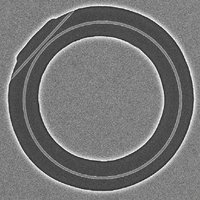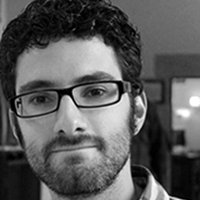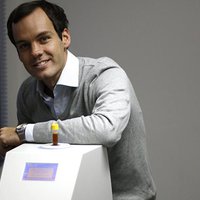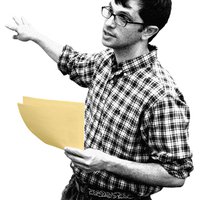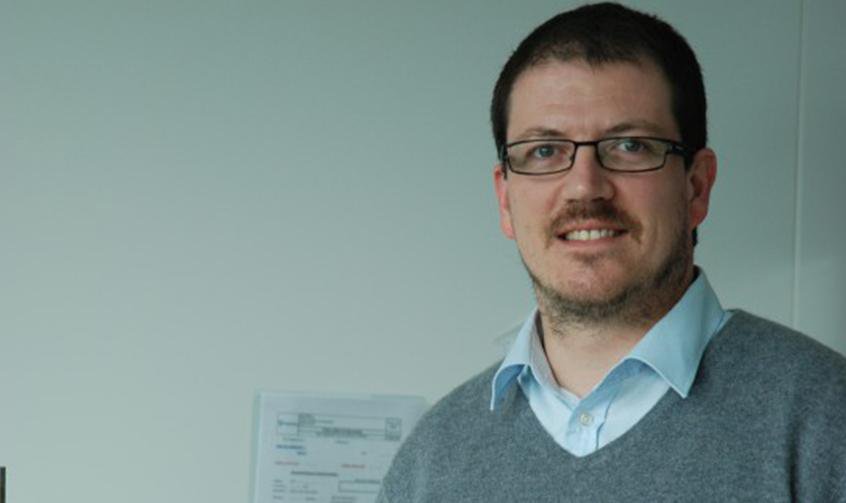"Have you ever wonder how long it takes to check whether the meat exposed at your local supermarket contains the Salmonella bacteria? No less than 18 hours, which is the time needed by the bacteria to reproduce themselves, under controlled conditions and reach the percentages that may be detected through traditional biological tests. The system, devised by Thibaut Mercey, a 34-year-old French engineer and entrepreneur, a graduate at the Optical Institute in Paris and then MBA at the London Business School, would cut that sensibly, and would not require any trained staff to perform the test.
Considering how frequent cases of food poisoning are, which “in the US only are account for 130,000 cases of hospitalisation per year, and a global cost exceeding 150 billion dollars to the health system”, as Mercey says, we may understand the remarkable impact this new system may have. Not to mention the even greater impact in developing countries, where food conservation techniques are often a cause for the spread of Salmonella and other pathogens.
Mercey is not new to start-up ventures where he couples his optical engineering expertise with his interest for medical applications and a true entrepreneurial attitude: Prestodiag is his third company, created in 2010 after a revealing exchange with Thierry Livache, professor and researcher at CREAB (Chemistry for the Detection and Study of Biological Assemblages), Grenoble. The detection system is based on biochips, which consist of “ligands”, which is monoclonal antibodies who tie to specific bacteria, such as Salmonella, Listeria,o E.coli, all very well-known enemies of our digestive system. The optical reader devised by Mercey is basically a camera and a processor, capable of detecting tiny changes in the optical signal when the bacteria interact with the ligands. Whereas traditional biological tests can only start after the 18-hour minimum incubation time of the food sample under scrutiny, this bio-optical system can provide the response much earlier, with little supervision, as no skills are necessary to perform the test. According to Mercey, the cost of the kit, that can be produced in different versions to allow the simultaneous detection of multiple pathogenic agents could vary between 4 and 8 dollars, pretty much the same as traditional test kits, which require skilled personnel though, a much more controlled environment, and a longer execution time.
Is this the path towards safer food, and lower risks for everybody, anywhere? After creating a company (Dermoptics) to treat psoriasis through a UV-ray lamp, Mercey and his light are on the hunt for food bacteria now."
